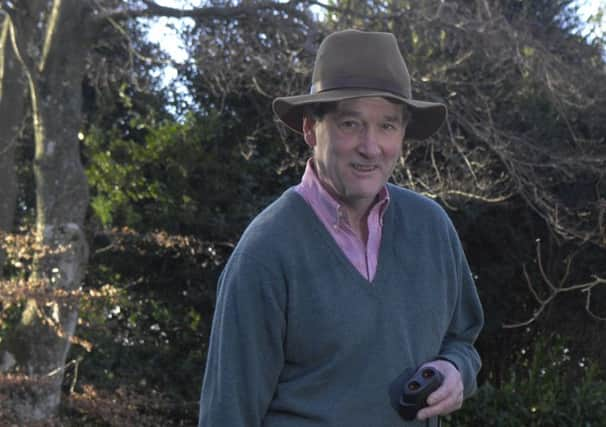Alastair Robertson: Sporting rates will threaten rural jobs


It will be entirely of the SNP government’s own making. The government is determined sporting rates on shooting and deer stalking should be reintroduced on grounds of “fairness”. Fairness to whom is unclear other than those who disapprove of anyone who allows their land to be rented out for shooting or stalking – anyone from my neighbour on 150 acres to the Duke of Buccleuch on zillionsof acres.
Sporting Rates were abolished in 1995 to bring us in line with the rest of the UK and because they cost as much to collect as to administer. However, the SNP government estimates that its new rates regime will pull in £4 million a year (double the 1995 yield) which is to be distributed by the Scottish Land Fund (SLF) to deserving causes – ones, hopefully, with better prospects than those early beacons of SLF success, Gigha and Assynt.
Advertisement
Hide AdWhat will happen of course is that the extra costs imposed by the rates will be passed on to anyone taking a day’s stalking or shooting – a tax on recreation. This may be fine for the very best grouse moors which attract the top money and folk to whom an extra couple of hundred quid is irrelevant. But even if two dozen grouse moors and top pheasant shoots are hammered for their lives that is hardly going to replace those agricultural farms and estates who are priced out of the sporting market by the extra rates burden.
It may well be easier for the 88 per cent of landowners whose sporting lets break even or run at a loss to simply give up. Thus the knock on effect will be fewer jobs, bed nights and local services in economically fragile areas. Not even the SNP-dominated Rural Affairs, Climate Change and Environment committee looking at land reform has been convinced sporting rates make much sense. “Based on the available information, the committee believes the case for change has not yet been made.”
The job of setting a rateable value for each of the estimated 53,000 eligible properties in Scotland is to fall on assessors employed by local authorities. For this service the local authorities will receive not a penny. But first an entirely new rating system must be set up. And the real killer is going to be appeals. In a system with no precedents, anyone hit with a sporting rates demand is going to appeal as a matter of course. Win or lose, these things gobble up cash and time, all at the expense of essential local authority services. How fair is that?